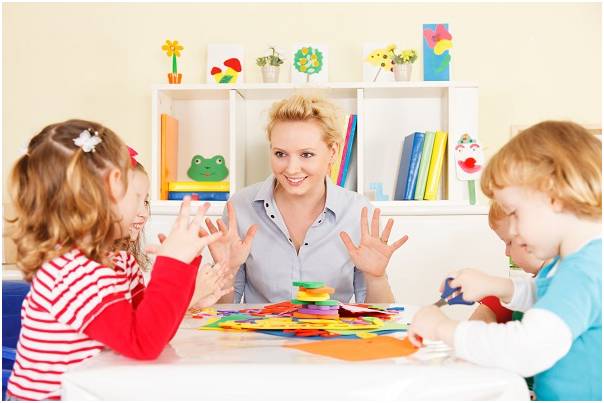It is considered normal for children to face difficulties performing daily activities at home or school while growing up. However, if these difficulties are stunting their growth or blocking their development, then it becomes a matter of grave concern and this is where an Occupational Therapist (OT) steps in.
As we all know, Occupational Therapy is a treatment that develops or helps individuals in recovering and later, developing the skills required to lead a normal independent life. In case of children, the primary objective of occupational therapy is to assist them in their growth by enabling them to participate actively in their daily activities. Occupational Therapists help children suffering from learning disabilities, cerebral palsy, down syndrome, amongst other diagnoses.
What are the skill areas that are focused on by occupational therapists?
- Gross Motor Skills (Strength, & Balance Development)- These helps in moving and controlling arms, legs, and other body parts. A child who is lacking in these may experience challenges in performing body movements such as being unable to make a difference between right or wrong direction, going up and down the stairs, as also striking a balance in coordination between both sides of the body.
- Fine Motor Skills- These are the small movements performed to support movement in the fingers for holding a pen, or spoon, toes, wrists etc. In case, the child is having trouble with exercising their motor skills, they may face challenges in holding a pencil, tying their shoelaces, using scissors, closing their buttons, holding straws, playing with toys, etc.
- Sensory Processing- Sensory processing is receiving information through our senses like smell, sound, touch and taste. If your child is overly sensitive, he/she may react excessively to sound, smell, movement or touch as also jump, move and or get easily distracted by visual or auditory stimuli.
- Social Interactive Skills- These skills are necessary for your kids as they need to grow and build relationships such as friendships with people around them. Your child may behave socially distant with family members and relatives, face challenges in developing language skills and hence may not speak much, as also feel difficulty in coping with the school environment.
- Concentration Skills- Children may experience challenges in learning which can be solved with occupational therapy. There are many situations when your child is unable to concentrate at school, gets tired quickly, can be either hyperactive or low on energy, and experiences difficulty in learning new words or sentences.
What are the techniques used by occupational therapists to help children in sharpening the above-mentioned skills?
- Sensory Integration Therapy- This form of therapy enhances the ability of the child to receive, store, interpret and act on the information that is sent to the brain through sensory receptors. This is done by providing sensory experiences through ball games, finger painting, stepping on different carpet textures etc.
- Pediatric Constraint-Induced Movement Therapy (PCIMT)- For example, if a child experiences issues in moving his right-hand, his left-hand movement will be tied to restrict movement till his right-hand starts responding. This can be challenging at the start. But, after receiving adequate training the child will begin to experience strengthened muscles and movement in his right hand.
Occupational therapy at SOS PHYSIO Rehab
Occupational therapy at SOS PHYSIO Rehab mainly focuses on improving the child’s ability to play and learn that it is important for the child’s growth. It improves the cognitive, behavioral, physical, and social skills of children along with their fine motor skills, gross motor skills, core strength development and posture. They assist in developing higher brain functions such as thought processing, attention span, concentration, memory, focus and organization of thoughts.
